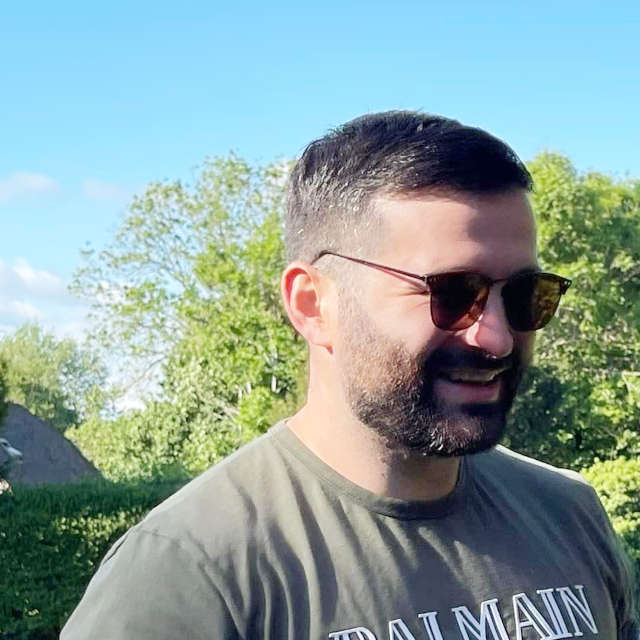Physiotherapy (pre-registration) - MSc
Our 2 year pre-registration MSc in Physiotherapy is a qualifying programme for graduates with a relevant undergraduate degree. The course is accredited by the Chartered Society of Physiotherapy and approved by the Health and Care Professions Council. We offer a supportive environment with excellent opportunities for you to excel as you develop the knowledge and skills required of a highly competent physiotherapist capable of meeting the demands and challenges of current and future healthcare environments. This challenging course comprises of a balanced delivery of theoretical learning, practical skills teaching, self-reflection and practice-experience placements.
Please note that applications are now closed for international students for entry in January 2026.
Month of entry
- January
Mode of study
- Full time
Fees for 2026/27 academic year
-
UK Full Time - £9,535 per year*
International - Full time £20,800 per year
Duration of study
- Full time - 2 years
This course is no longer accepting applications from international students for the 2025/26 academic year.
Why study Physiotherapy (pre-registration) at Keele University?

"I really enjoyed my time at Keele. The small cohort of the MSc Physiotherapy Pre-Reg stops you from getting lost in the crowd and you become a really tight knit group. The staff are really friendly, approachable and supportive and want to make you the best clinician you can be once qualified. The reputation of high calibre students from Keele as well as Keele’s relationships with local trusts meant I managed to secure a Rotational Physiotherapy post at UHNM 4 months prior to completing the course and I am now working as a qualified physiotherapist within 2 months of finishing the degree!"

"Being a transitional course, one could only wish for a strong support system to pull through. Keele provided this support. The lecturers, including those that worked as link tutors in our various placements worked together to ensure that we picked up the skills required to become the best clinicians that we can be."

"I enjoyed attending interesting lectures learning from vastly experienced practitioners that made the learning process fun and engaging, whilst creating life long friendships in the process. The MSc Physiotherapy (pre-reg) programme was extremely challenging at times, but also incredibly rewarding and by completing this course I have developed not only as a medical practitioner, but also as a human being."
Social life, societies and sports
Find out moreAccommodation
Find out moreLocal area and travel
Find out moreBoost your employability
Find out morePostgraduate qualifying masters in Physiotherapy
Programme lead, Claire Stapleton, talks about our 2 year physiotherapy programme.




